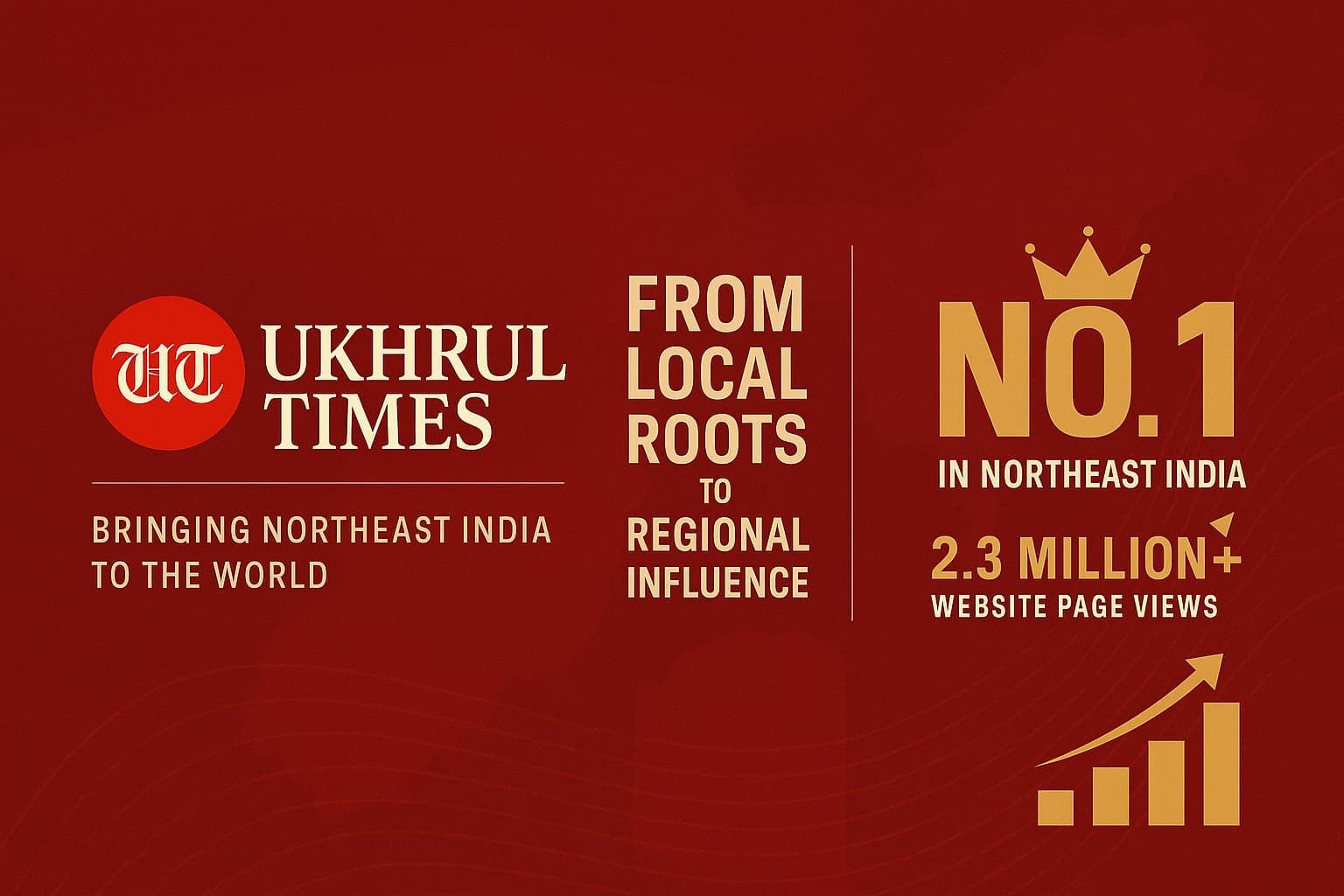Now Reading: A citizen’s plea for free and fair elections in Outer Manipur constituency
-
01
A citizen’s plea for free and fair elections in Outer Manipur constituency
A citizen’s plea for free and fair elections in Outer Manipur constituency

ON APRIL 26th, the electorate of Outer Manipur will exercise their right to vote in the 18th Lok Sabha election. As the day approaches, tensions are running high as four candidates—K Timothy Zimiksho (NPF), Alfred K Arthur (INC), S Kho John, and Alyson Abonmai (Ind)—vie for a seat in the Lok Sabha. Manipur has been facing a spiral of violent ethnic conflict, making it crucial for the election machinery to ensure that citizens can vote freely according to their choice, ensuring a democratic exercise of their fundamental right to participate in electing their leader to the Parliament. However, it is a significant concern that the current situation in the Naga hills of Manipur appears unfair, with some candidates being denied a level playing field. Under the guise of national interest, democratic principles are being disregarded, and injustices are being justified in the name of the nation’s aspirations. However, it is essential to recognize that the means to achieve an end must also be just; otherwise, voting will become a completely futile exercise.
No matter how legitimate a goal may seem to certain members of the community, coercing people against their will and conscience to vote for a certain candidate goes against the democratic spirit and ethos and the vision of Nagalim for Christ. Such actions align more closely with the authoritarian and totalitarian ideologies of Communism and Nazism rather than the ideals of Judeo-Christian values that birthed Western liberal democracy. When Jesus confronted Pontius Pilate in a clash of power and truth, He never resorted to force or coercion. True power influences rather than imposes. If Nagalim is to be created for Christ, it would be wise to emulate His approach. It would be prudent if those in positions of power sought to convince and persuade the voters in a Christian way rather than impose their dictatorial mandate on them.
In a liberal democracy such as India, decisions cannot be made wholesale by a handful of leaders on behalf of the public to support a particular candidate or party. Everyone has the freedom of choice. However, when a nation’s pursuit of its interests overrides justice and disregards the citizens’ right to freedom of expression and association, it embodies political idolatry—an utter betrayal of Christian ideals. In a population predominantly Christian, political and democratic freedom, stemming from the religious freedom movement in Europe and America, should be upheld by those who believe in the Bible. In this way, others can emulate the inherently Christian spirit of democratic deliberation.
In Christian liberation theology and politics, justice supersedes sacrifice. In the Old Testament, God expressed His desire for justice and mercy above blind rituals and offerings. Prophets like Isaiah, Amos, and Micah echoed this sentiment to the Israelites, urging them to prioritize justice and mercy in their society. As Nagas have been compared to Israel (however problematic that may be), we must adhere to the rule of God’s eternal law for humanity. For Naga voters, who are predominantly Christian, it is crucial to understand that the values of mercy and justice are foundational principles, even above fasting and worship.
For any society to thrive, freedom and justice must be upheld. Without religious and political freedom, no country can thrive as a nation in contemporary times.
I write as a concerned citizen who prays and hopes for peace and freedom in our land. If those advocating for freedom fail to embody the spirit of freedom now, how can we trust them to establish and safeguard freedom in a future Nagalim? Such a failure would not only betray the sacrifices of our martyrs but also jeopardize the very essence of our quest for freedom. If freedom is repressed in the present, will there be justice and freedom in the future promised land? It would not be wrong to say that the future freedom or bondage of our community will depend on our individual choices today. For the sake of a better future, may the leaders sow seeds of peace, justice, and freedom – otherwise, all the calls for freedom will ring hollow.
At this juncture, Tagore’s poem serves as a poignant prayer for the Naga people:
“Where the mind is without fear and the head is held high; Where knowledge is free; Where the world has not been broken up into fragments by narrow domestic walls; Where words come out from the depth of truth; Where tireless striving stretches its arms towards perfection; Where the clear stream of reason has not lost its way into the dreary desert sand of dead habit; Where the mind is led forward by thee into ever-widening thought and action— Into that heaven of freedom, my Father, let my country awake.”
Yes, into that heaven of freedom, Father, let the Nagas awake. Amen!
T.A. Shatsang is a freelance writer and an educator at an institute in Manipur.















